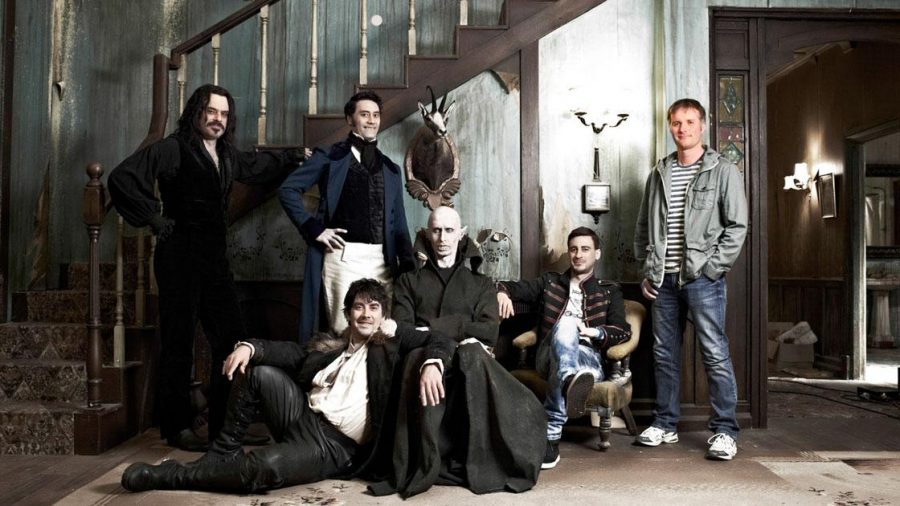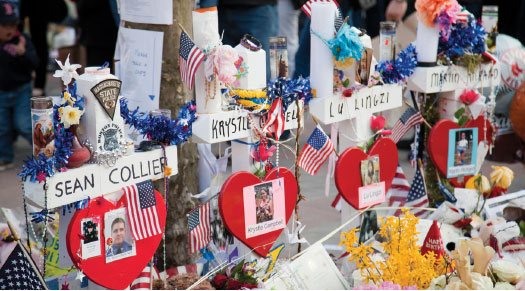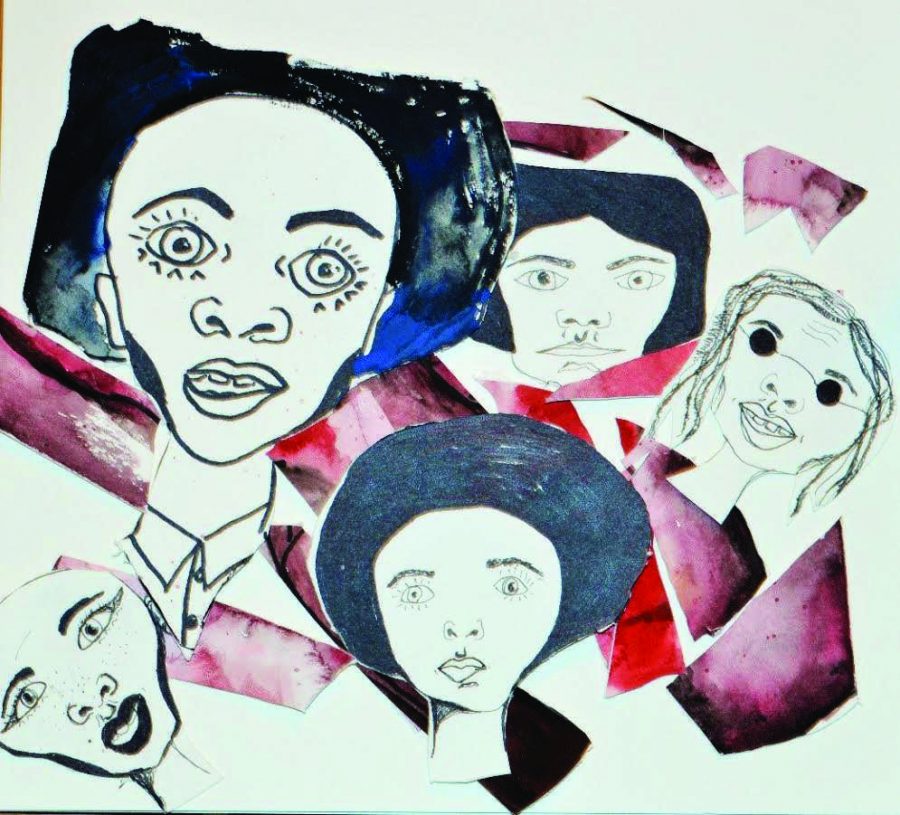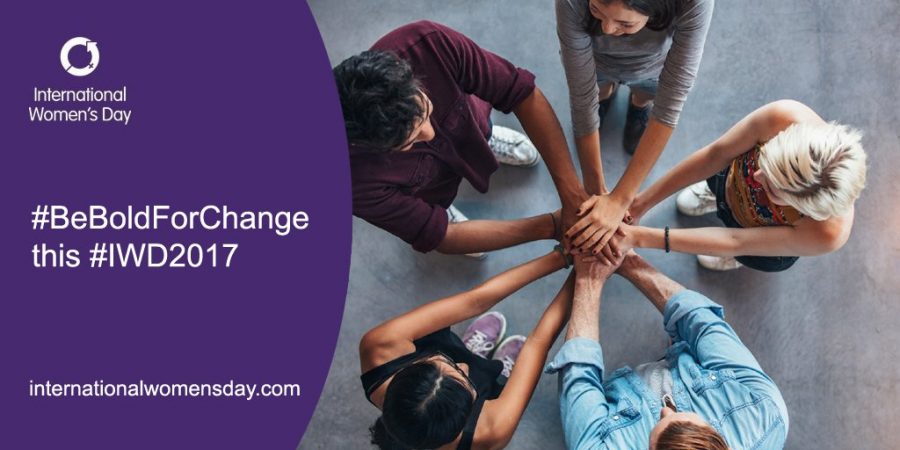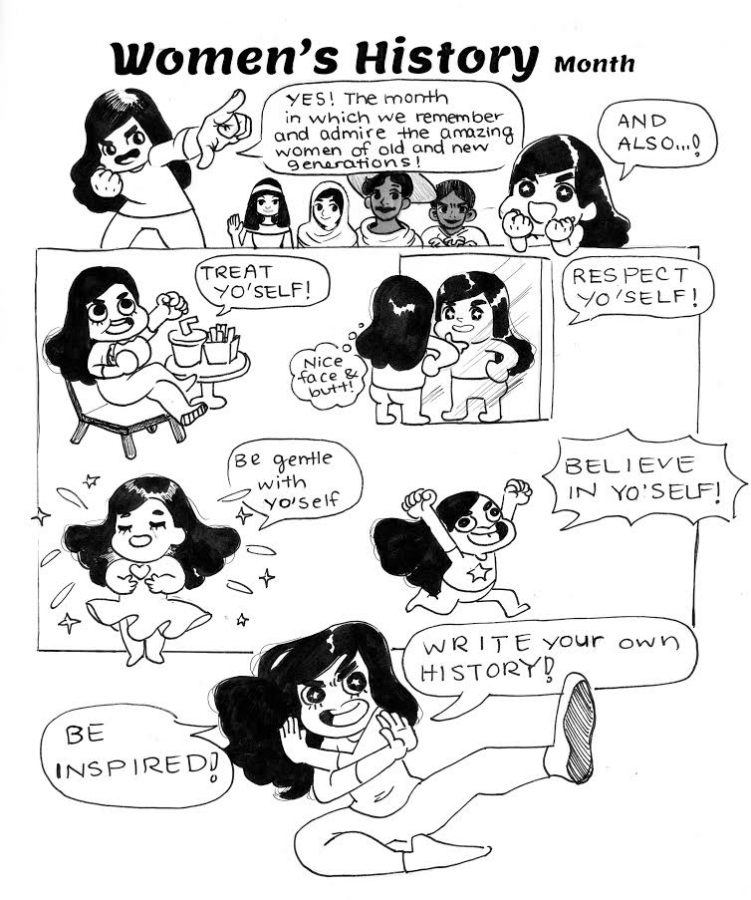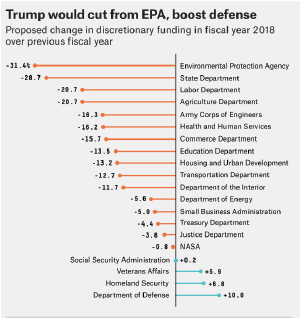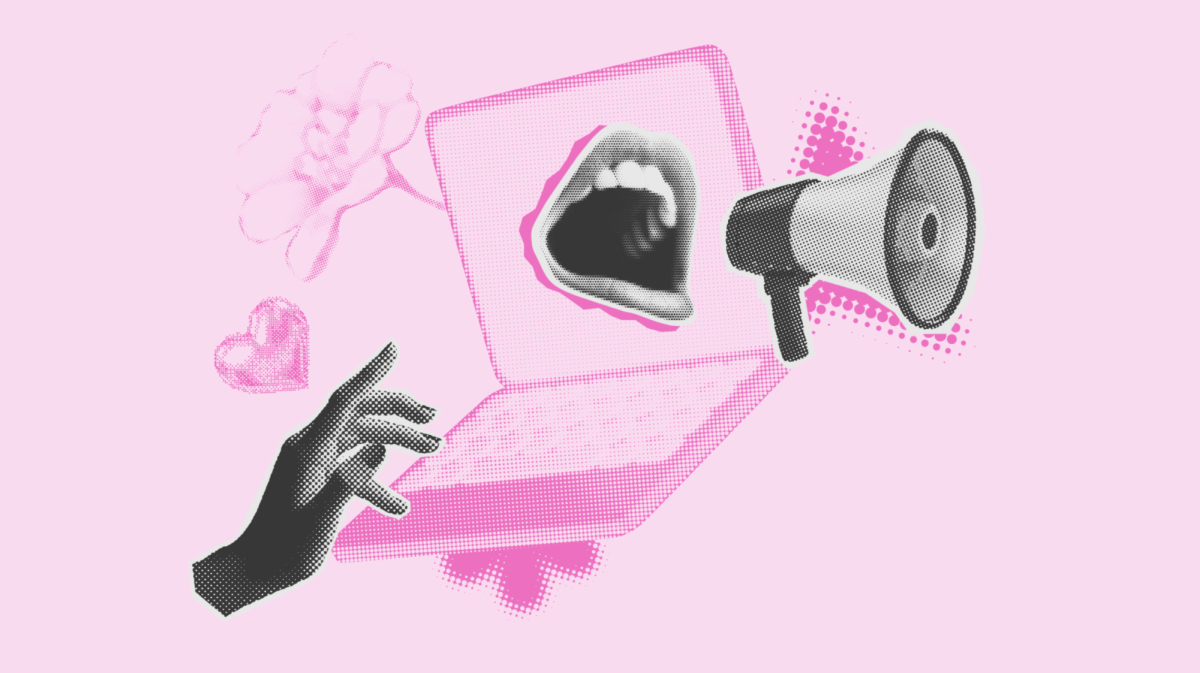By Lauren Lane
Staff Writer
This morning in between my post practice shower and my 9:30a.m. class, I scrolled through Buzzfeed like I normally do. I am a huge fan of Buzzfeed and all of their fun quizzes, like “Where do you actually belong in New England?” and their videos, like “Listen to guys read tips from Cosmo magazine.” It’s an interesting website that allows me to waste endless time learning useless facts.
But in the midst of the links, there was one news article that basically jumped off of the page and slapped me across the face. “This Teenager Says His Addiction To Taking Selfies Drove Him To Attempt Suicide” was the title and it made me immediately dive into the article with the burning desire to find out exactly what happened.
The article goes on to tell the readers about Danny Bowman ,from Newcastle Upon Tyne, who had started taking selfies when he was 15-years-old because he wanted to get girls interested in him, and that simple social act changed his life forever.
Bowman, now 19, said that he would take up to 200 selfies over the span of 10 hours trying to find just the right one. Quickly after starting to take all of these pictures, he decided he had an interest in modeling and tried to pursue it.
In 2011, Bowman was rejected by a modeling agency and found that this is when his addiction really started to spiral out of control.
He told Mirror News, “I was constantly in search of taking the perfect selfie and when I realized I couldn’t I wanted to die. I lost my friends, my education, my health and almost my life.”
Over the course of the two years after his addiction started, he lost 28 pounds, dropped out of school, and didn’t leave his house for six months. Finally, in an attempt to escape his obsession, Bowman overdosed, only to later be found by his mother, Penny Bowman, in their home.
Danny Bowman is believed to be Britain’s first selfie addict, or at least one who has been diagnosed. Currently, Bowman is battling to get back to a normal life after intensive hospital therapy that hopes to treat his addiction to technology, as well as help treat his OCD and Body Dysmorphic Disorder, an excessive anxiety about personal apperance.
Bowman’s doctor, Dr. David Veal,said, “David’s case is particularly extreme. But this is a serious problem. It’s not a vanity issue. It’s a mental health one which has an extremely high suicide rate.” “The only thing I cared about was having my phone with me so I could satisfy the urge to capture a picture of myself at any time of day,” said Danny Bowman. “I finally realised I was never going to take a picture that made the craving go away and that was when I hit rock bottom.
“People don’t realise when they post a picture of themselves on Facebook or Twitter it can so quickly spiral out of control. It becomes a mission to get approval and it can destroy anyone. It’s a real problem like drugs, alcohol or gambling. I don’t want anyone to go through what I’ve been through.”
The selfie craze has swept social media over the past five years, with people ranging from celebrities, to politicians, even Pope Francis, posting their own selfie shots on various social media websites. And I’m sure we can all picture at least one or two people who posts nothing but selfies on Instagram and Facebook. They are everyone’s favorite people.
But selfies aren’t just a trend among teens and 20-somethings; it’s an actual word. Last year, the Oxford English dictionary named it the word of the year after research showed its frequency of use had soared over 17,000 percent in only 12 months.
But what makes us all so drawn to taking and posting selfies? We can start with the validation we recieve. By posting a selfie online you are inviting all of your friends and followers to like and comment on your picture, and the more likes and comments like “beautiful” or “hot” that one recieves, the more loved they feel.
“To some degree, we all require validation of our looks and confirmation that we’re sexually attractive. This doesn’t make us narcissistic, but merely human,” says Julie Mastrine, author of “Make Your Own Sandwich: A 20-Something’s Musings on Living Under (And Smashing) The Patriarchy.” However, even if we “shouldn’t,” many people do.
Many people are passive-aggressively slammed on Facebook through other people’s status updates, and photos shared or mocked. These people are taunted for being “self-centered” and “narcissistic.” There have even been studies that discuss how these selfie addicts tend to consistantly have lower self-esteem than those who refrain from entering the selfie game.
Dr. Carole Liberman confirms what we all believed too. Photos like selfies are desperately crying out, “Look at me!” This starts in childhood not getting enough attention as a child from their parents who could be too busy working or even self-centered themselves.
Currently, Danny Bowman is doing better with his rehab to a better life. He started first going without his phone for 10 minutes, then a half hour, then an hour. They would also send him outside with messed up hair and have him walk around. Eventually he realized that no one was looking at him and has started to become more relaxed.
Bowman has now gone seven months without taking a single selfie and is also working with the charity Fixers to raise awareness of mental health issues in young adults.
So the next time you go to take a selfie, remember you’re beautiful without it.



